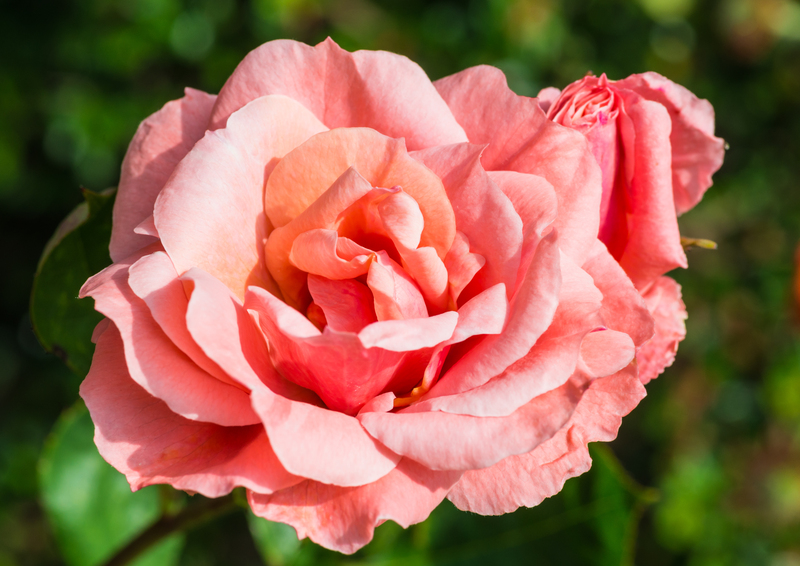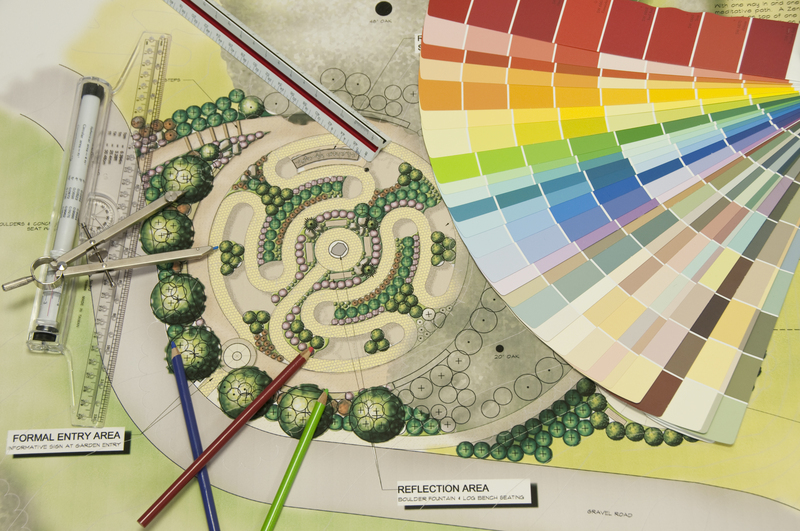Creating Compost at Home
Posted on 17/02/2025
Composting is a remarkable way to recycle organic waste into nutrient-rich soil for your garden. It's an eco-friendly process that not only reduces your household waste but also enriches your garden's soil, making it fertile and productive. Understanding the science behind composting and learning the art of creating compost at home can transform your home garden and significantly reduce your environmental footprint.
Why Composting Is Important
Composting helps divert organic waste from landfills, where it would otherwise contribute to methane emissions, a potent greenhouse gas. By turning kitchen scraps and yard waste into compost, you create a beneficial cycle that produces a valuable resource for your garden. Compost enriches soil, improves its structure, helps retain moisture, and suppresses plant diseases and pests. Furthermore, it reduces the need for chemical fertilizers, promoting a more sustainable gardening practice.

Understanding the Composting Process
Composting is a natural process that involves the decomposition of organic materials by microorganisms. These microorganisms break down the waste into humus, the rich, dark material that improves soil health. The process is aerobic, requiring plenty of oxygen, and it works best with a balance of 'greens' and 'browns'. 'Greens' are nitrogen-rich materials such as fruit and vegetable scraps, coffee grounds, and fresh grass clippings. 'Browns' are carbon-rich materials like dry leaves, straw, and cardboard.
Starting Your Compost Pile
Creating a compost pile starts with selecting the right location. Choose a dry, shady spot close to a water source. The compost pile can be created in a bin or simply piled on the ground. For those opting for a bin, various compost bin styles are available, including tumblers, stationary bins, and homemade containers.
Gathering Composting Materials
Collecting the right mix of materials is crucial for a healthy compost pile. Aim for a balance of about three parts 'browns' to one part 'greens'. Common compostable materials include:
- Fruit and vegetable scraps
- Coffee grounds and tea bags
- Eggshells
- Grass clippings and dry leaves
- Paper and cardboard (shredded)
- Sawdust (in small amounts)
- Dead plants and flowers
Avoid composting meat, dairy, fats, pet waste, and diseased plants as these can attract pests and create unhealthy conditions in your compost.
Managing Your Compost Pile
Managing your compost involves regular turning and maintaining moisture levels. Turn the pile every few weeks to aerate it and speed up the decomposition process. The pile should be moist, resembling a damp sponge, but not waterlogged. Water the pile when it appears dry, especially during hot weather.
Troubleshooting Common Composting Issues
Occasionally, issues may arise in your compost pile. Here are some common problems and their solutions:
Foul Odors
Foul odors often indicate excess nitrogen or insufficient oxygen. Add more 'browns' to balance the pile and turn it frequently to introduce more air.
Slow Decomposition
If your compost pile decomposes slowly, ensure it has the right balance of greens and browns and sufficient moisture. Chopping materials into smaller pieces can also speed up decomposition.
Pests and Rodents
To prevent pests, avoid composting meat, dairy, and oily foods. Ensure the pile is covered, and bins are secure. Turning the pile regularly also deters pests.

Harvesting and Using Compost
Compost is ready when it's dark, crumbly, and has an earthy smell. This process typically takes several months to a year depending on the materials and management. Harvest the compost by either sifting out the finished product or using the material from the bottom of the pile.
Use the finished compost in several ways:
- Mix it into garden soil to improve fertility and structure.
- Spread it as mulch around plants to retain moisture and suppress weeds.
- Create compost tea by steeping compost in water to use as a nutrient-rich liquid fertilizer.
Conclusion
Creating compost at home is an enriching experience that turns everyday waste into valuable organic matter for your garden. By understanding the process and following some basic guidelines, anyone can successfully manage their compost pile and enjoy the multitude of benefits it brings. From reducing waste to enhancing soil health, composting is a simple yet impactful way to contribute to environmental sustainability.
So, start today by setting up your compost bin, collecting your greens and browns, and watch as your waste transforms into black gold that fuels your garden's growth.
Latest Posts
Must-Try Planting Concepts for a Beautiful Autumn Garden
DIY Guide to Perfectly Sharpening Garden Shears at Home
Essential Techniques for Maintaining Clean and Lush Artificial Grass
Transform Your Space With Meaningful Zen Garden Plant Choices




